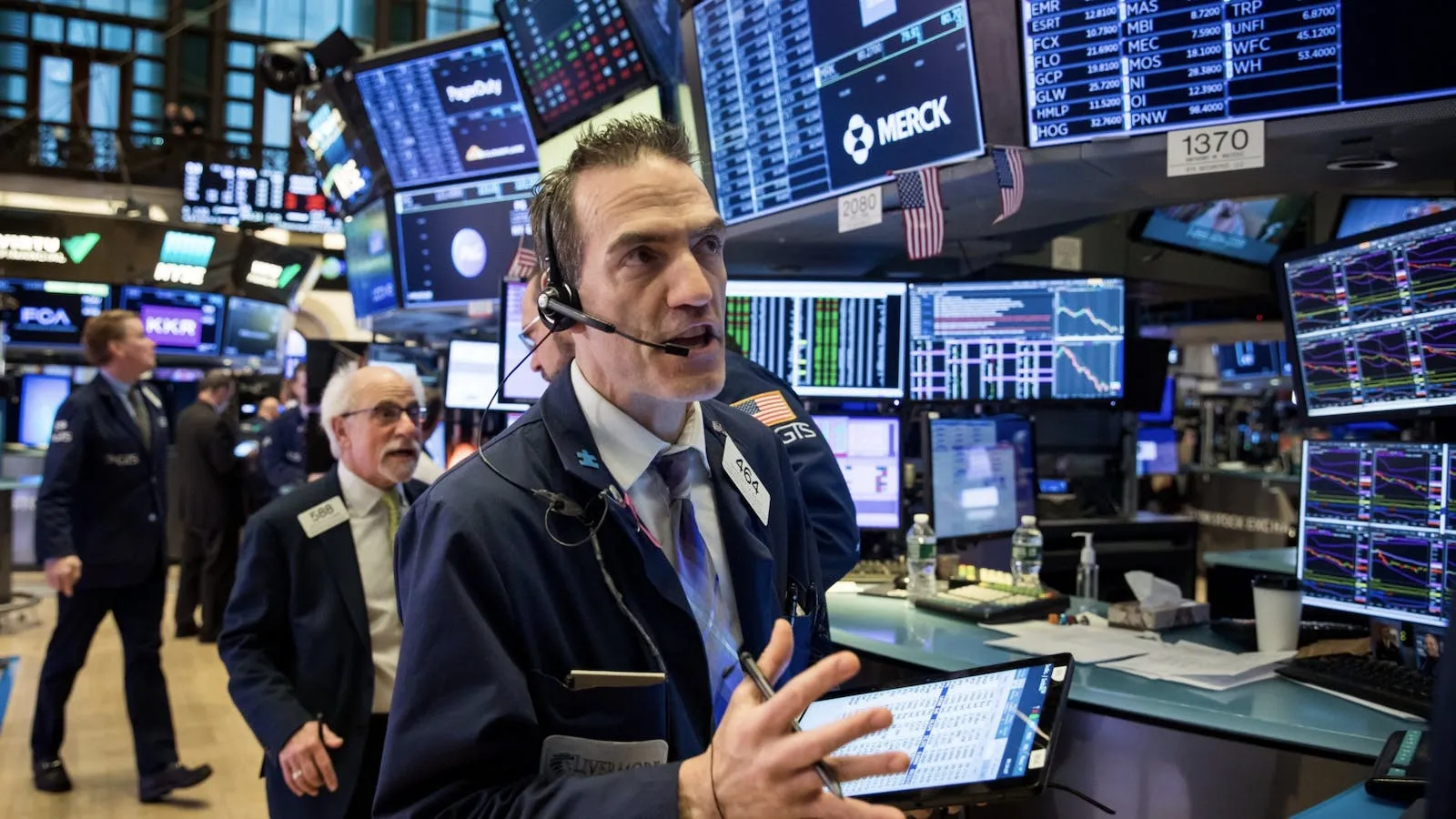Bonds are being played by the stock market. It Won't Turn Out Well.
The stock market is meant to decline when bond yields increase in the post-Covid era, but lately, equities haven't really responded much to the bond market. There must be a sacrifice.
The 10-year Treasury's 912828P469 +0.60% yield increased from 3.37% on January 18—the year's low—to 3.77% during the course of the previous month or so. Stronger-than-anticipated economic figures have been the driving factor, which suggests that the rate of inflation may drop at a rather gradual rate. The Federal Reserve has been raising interest rates to restrain the rise in prices by reducing demand for goods and services. With more persistent inflation, this practice is likely to continue.
The prospect that higher rates will slow economic growth should, in principle, cause stocks to decline. Over the past roughly 18 months, this trend has been present. When yields increased in anticipation of higher interest rates, the stock market declined because investors believed that the Fed's strategy involved putting the brakes on the economy rather than simply taking away the punch bowl.
The fact that businesses are seeing their profit projections decline is proof that the Fed is making some progress.
But lately, the stock market has been defiant. The S&P 500 SPX +0.08% has increased by approximately 5% since January 18 despite an increase in bond yields over that time.
Stock valuations have a similarly strange pattern. According to Evercore, since early 2021, the aggregate future price/earnings ratio of the S&P 500 has decreased as the 10-year yield increased. However, despite rising yields for the majority of this year, the index's multiple—the price investors are prepared to pay for the earnings the component companies generate—has increased.
As a result—and herein lies the issue—the yield investors receive from owning the S&P 500 has since fallen below that of the secure 10-year Treasury note.
The point is that the stock market seems to be making some bold predictions that, if proven incorrect, will halt the recent run. The trading activity this year tends to indicate that investors anticipate that corporate earnings predictions will shortly increase, which would result in equities yielding more at the current price. Another explanation for the success of the S&P 500 is expectations that the yield on the 10-year Treasury note would shortly decline, making the yield on stocks more acceptable than the yield on Treasury paper.
Both perspectives on the market indicate that the Fed may soon stop raising rates, which would improve the outlook for earnings and allow bond yields to decline.
That's great, unless inflation gets in the way and prevents it from happening.
According to Peter Boockvar, chief investment officer of Bleakley Advisory Group, "Either the stock market at current levels feels that this rate rise higher won't stay or it is deluded in thinking it's ok at the same time an earnings recession has occurred." "Is it time for bonds and stocks to play chicken? ”
Stocks and bonds may experience more unfavorable conditions.

Subscribe to our newsletter!
As a leading independent research provider, TradeAlgo keeps you connected from anywhere.








